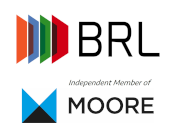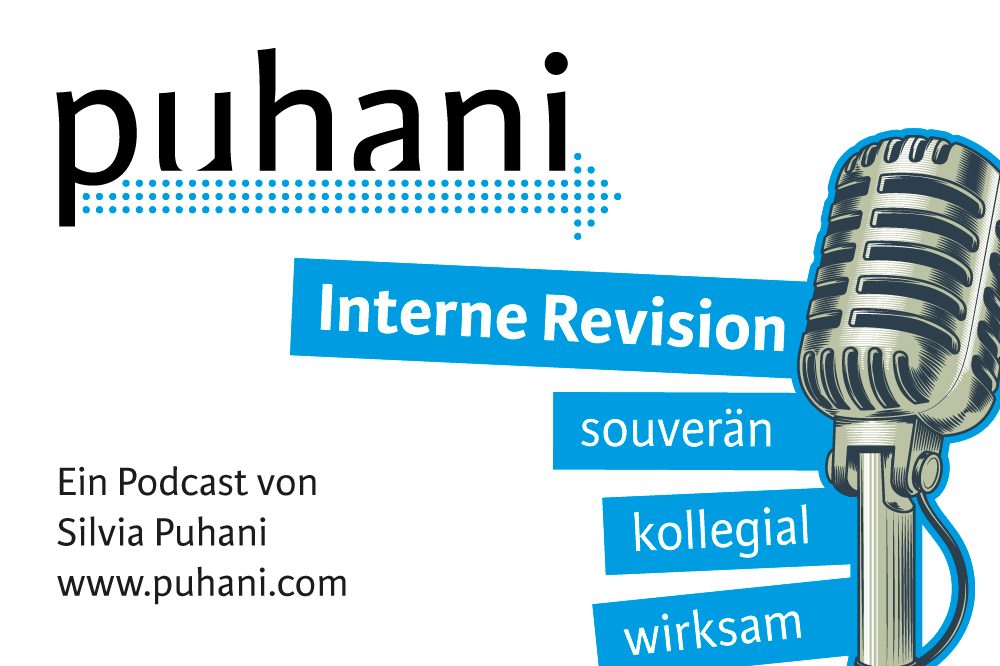Ihr Warenkorb ist leer
Sie sind Gast
Suche verfeinern
Nutzen Sie die Filter, um Ihre Suchanfrage weiter zu verfeinern.
Ihre Auswahl
-
nach Inhalt(Auswahl entfernen)
-
nach "2010"(Auswahl entfernen)
… nach Suchfeldern
… nach Dokumenten-Typ
Alle Filter entfernenSuchergebnisse
214 Treffer, Seite 3 von 22, sortieren nach:
Relevanz Datum
-
eBook-Kapitel aus dem Buch Accounting Fraud…improper accounting took two principal forms: (1) the re- duction of reported “line costs”, WorldCom’s largest category of expenses, and (2) the…
-
eBook-Kapitel aus dem Buch Accounting Fraud…Enron. How- ever, Dynegy issued materially misleading information to the investing public as well. The matter involved (1) Dynegy’s overstatement of its…
-
eBook-Kapitel aus dem Buch Accounting Fraud…gations in the SEC complaint mainly centre around two different manipulations: (1) premature revenue recognition, and (2) the improper use of so-called… …the arrangements, the revenue stream from Xerox’s leases consequently had three components: (1) the value of the “box” (a term the company used to… …, 2001 Auditor Finds No Fraud in Xerox’s Annual Report, The New York Times, June 1, 2001 Xerox replaces auditors, www.telegraph.co.uk, October 9, 2001…Alle Treffer im Inhalt anzeigen
-
eBook-Kapitel aus dem Buch Accounting Fraud…investi- gation by the New York City district attorney’s office. The next day, he was in- dicted on charges of dodging more than USD 1 million in sales taxes…
-
eBook-Kapitel aus dem Buch Accounting Fraud…, January 1, 2003 Global Double Crossing?, www.cfo.com, December 10, 2003 Global Crossing Settles Suit on Losses, The New York Times, March 20, 2004 Global…
-
eBook-Kapitel aus dem Buch Accounting Fraud…concerning operational and financial performance Besides, Adelphia misstated certain of its reported results: (1) the number of its basic cable… …racked up a personal debt of more than USD 66 million by late 2000, he secretly withdrew USD 1 million a month from the company. – The Rigases used… …looted Adelphia of more than USD 1 billion. However, the Adelphia board had already been made aware of large and undocumented transfers to the Rigases…Alle Treffer im Inhalt anzeigen
-
eBook-Kapitel aus dem Buch Accounting Fraud…every USD 1 of revenue PurchasePro received through referrals from AOL (up to certain limits). In other words, AOL could earn warrants only when third… …, saying they had inflated online advertising revenue by more than USD 1 billion. The SEC alleged that during the two years between mid-2000 and mid- 2002… …, www.telegraph.co.uk, August 1, 2002 Link to scandal lays low AOL Time Warner, www.telegraph.co.uk, August 24, 2002 AOL Time Warner faces $250m lawsuit, The…Alle Treffer im Inhalt anzeigen
-
eBook-Kapitel aus dem Buch Accounting Fraud…pledge to buy back unsold products and pay the reseller an addi- tional amount (“the candy”) for cooperating. The SEC said that the candy – equal to 1% of…
-
eBook-Kapitel aus dem Buch Accounting Fraud…Greenberg and AIG Sever Ties, The New York Times, March 29, 2005 Breadth of AIG’s problems is clear, www.msnbc.com, April 1, 2005 AIG, Greenberg accused of…
-
eBook-Kapitel aus dem Buch Accounting Fraud…Germany for Dissemination of False Information, German Law Journal, May 1, 2003…
- Kontakt
- |
- Impressum
- |
- Datenschutz
- |
- Cookie-Einstellung
- |
- AGB
- |
- Hilfe



